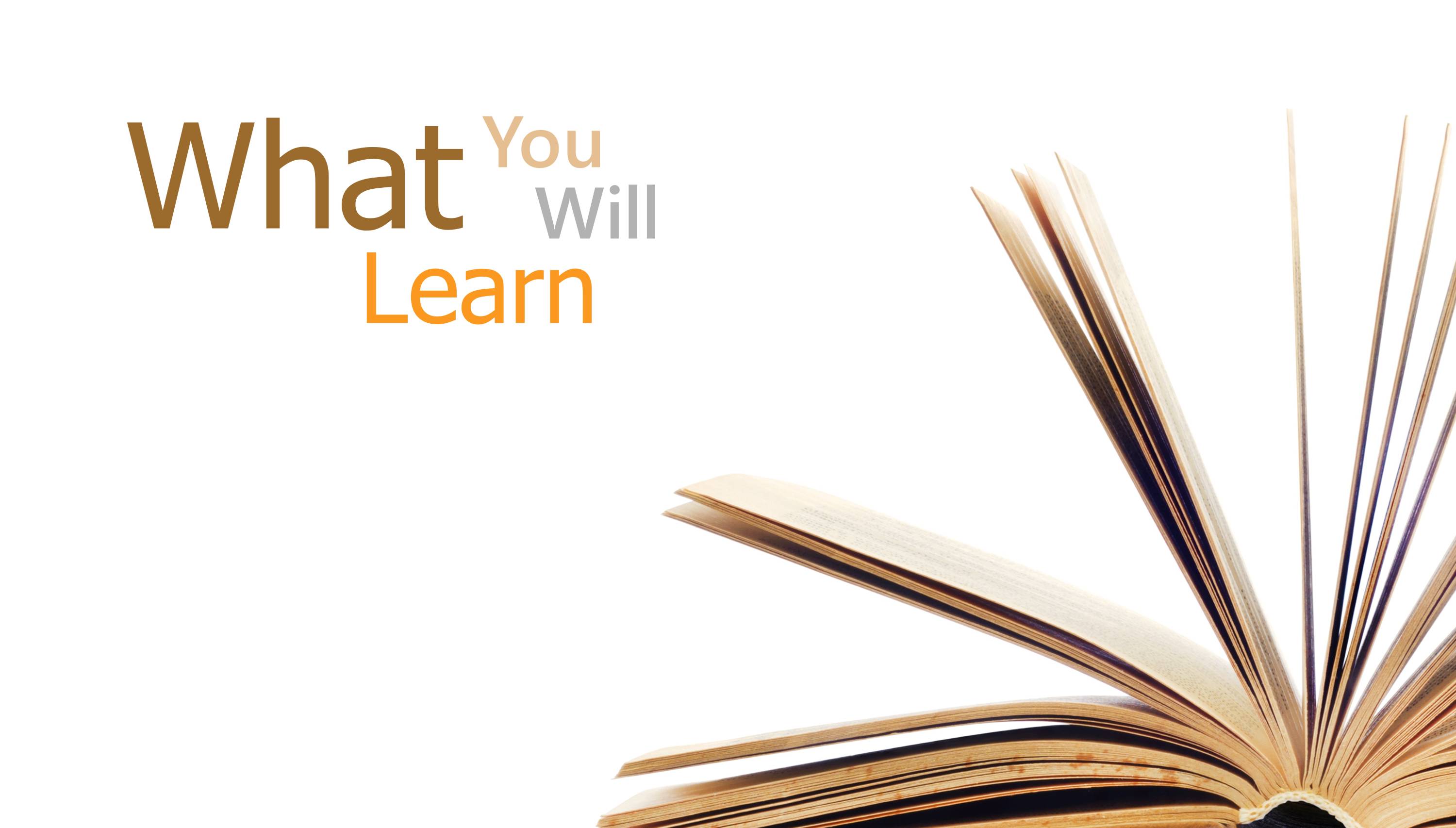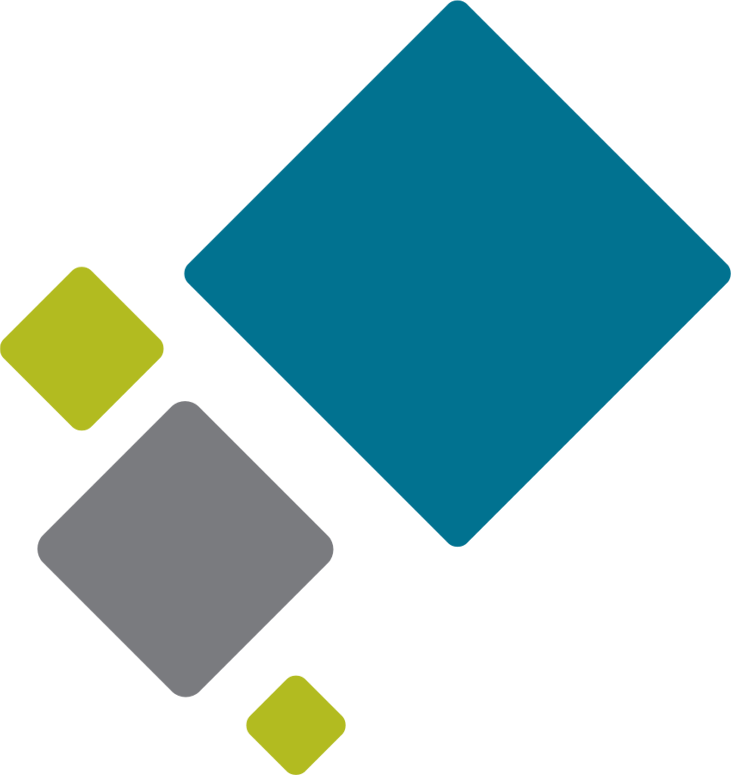
Strengthening Critical Thinking in the Workplace
Making firm, defensible decisions means more than having good information; it requires clear judgment. Critical thinking is the skill that helps you assess ideas, challenge assumptions, and weigh alternatives. It helps you step back, think through competing options, and avoid the shortcuts that can lead to bias, inconsistency, or poor reasoning. When the pressure is on, critical thinking helps you stay grounded and logical.
When critical thinking is lacking, decisions are made based on instinct or incomplete logic. We fall into thinking traps such as jumping to conclusions, defaulting to familiar options, or focusing too narrowly. Individually, this can lead to self-doubt or defensiveness. At the organizational level, it can mean inconsistent decision-making, misaligned priorities, or a lack of transparency. In fast-moving workplaces, the cost of unclear thinking is high.
This workshop gives you strategies to slow your thinking and make more deliberate choices. You’ll learn to apply structured techniques to challenge your assumptions, weigh alternatives, and avoid common mental shortcuts. Using real scenarios, you’ll practice applying a practical decision-making framework to identify blind spots and evaluate the strength of different recommendations.
By the end of the session, you’ll have the tools to make your decisions with greater clarity, logic, and confidence. Whether crafting a proposal, reviewing a recommendation, or advising others, critical thinking will help you step back and think more clearly to support well-reasoned conclusions.

- Differentiate critical thinking from analytical thinking and problem-solving in a professional context.
- Apply the WRAP model to structure more deliberate, balanced decision-making.
- Recognize and avoid common cognitive biases.
- Ask purposeful, clarifying questions that test reasoning and uncover blind spots.
- Evaluate competing options without defaulting to familiar or narrow choices.
- Strengthen the logic behind your recommendations, arguments, or proposals.
- Identify when fast thinking is taking over and how to create space for better judgment.
- Communicate decisions and rationale more clearly to support alignment and trust.

This workshop is designed for professionals who want to strengthen their ability to think clearly, question assumptions, and make well-reasoned decisions. If you’re responsible for reviewing recommendations, guiding others, or making decisions under pressure, this session offers tools to help you think more deliberately and avoid common pitfalls in judgment.
You should attend if you
- Want to feel more confident in how you evaluate options and make decisions
- Find yourself rushing to conclusions or relying too much on familiar approaches
- Are often asked to review proposals, assess ideas, or offer input on plans
- Want to reduce bias and strengthen the reasoning behind your decisions
- Support others in making recommendations or presenting arguments
- Work in roles where clarity, logic, and sound judgment are essential
Attending this session will give you strategies to slow your thinking, assess ideas more objectively, and strengthen your impact as a decision-maker.

This workshop invites you to step back and examine how you think before making decisions, sharing ideas, or jumping to conclusions. You’ll work through real examples and common workplace challenges to explore patterns in your reasoning and uncover potential blind spots. You’ll have time to work through exercises individually and in groups, compare perspectives, and evaluate options using a structured framework.
You’ll receive a detailed workbook filled with templates, prompts, and reference tools to support your use of analytical techniques after the session.
Note: This session is part of the 3-Part Thinking Process series—focused on analytical thinking, critical thinking, and problem-solving. Each workshop stands on its own, and no prerequisite is required.
Workshop activities include
- Completing a self-assessment to explore personal thinking habits
- Practicing the WRAP process to analyze and respond to workplace situations
- Identifying assumptions, biases, and gaps in reasoning through guided analysis
- Comparing and evaluating options using decision-making tools
- Building an action plan to support more reflective, analytical work



